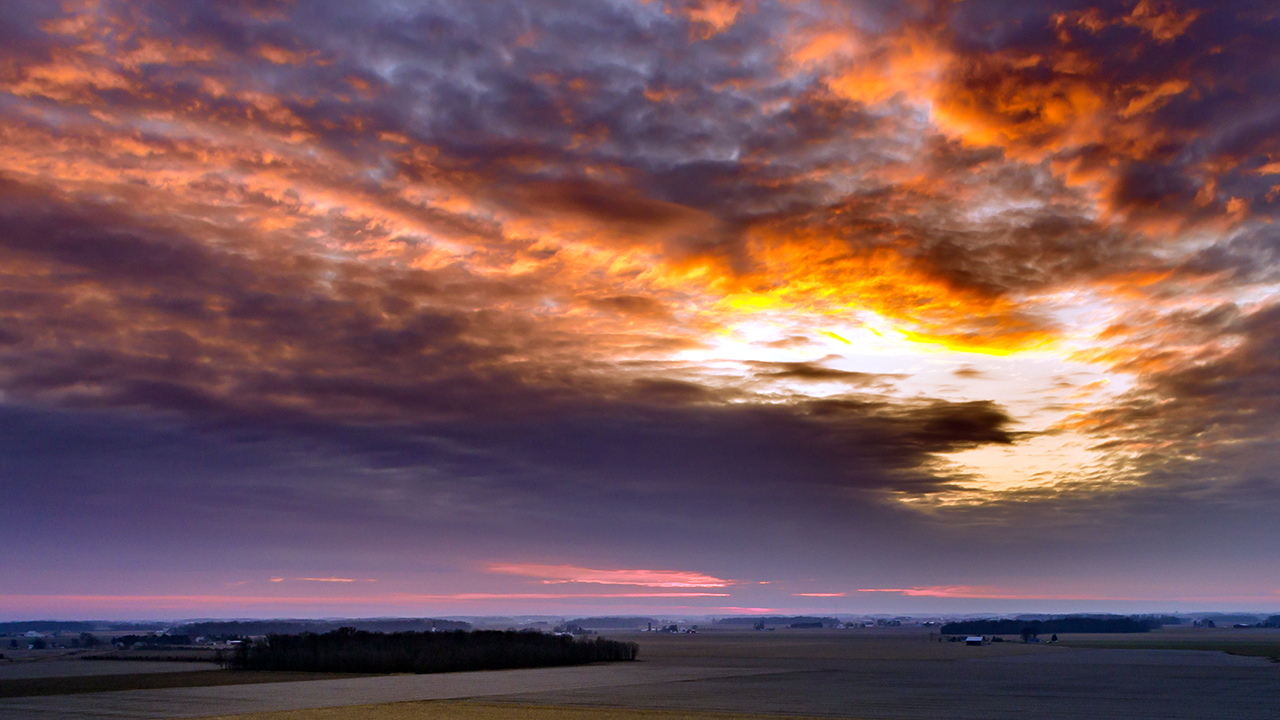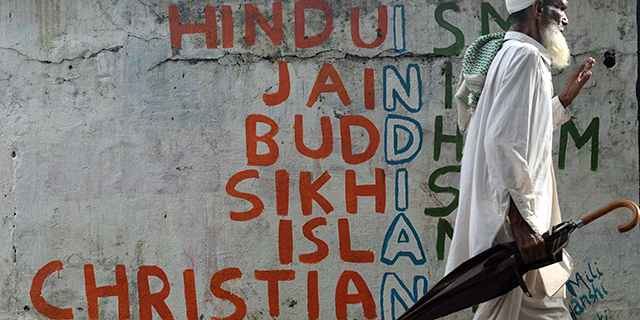
Women generally are more religious than men, but not everywhere
Generally, women are more likely than men to be affiliated with a religious organization; women also pray more, and are more inclined to say religion is “very important” in their lives.
Generally, women are more likely than men to be affiliated with a religious organization; women also pray more, and are more inclined to say religion is “very important” in their lives.
Read the full report for more information.
Standard lists of history’s most influential religious leaders – among them Abraham, Moses, Jesus, Muhammad, Siddhartha Gautama (the Buddha) – tend to be predominantly, if not exclusively, male. Many religious groups, including Roman Catholics and Orthodox Jews, allow only men to be clergy, while others, including some denominations in the evangelical Protestant tradition, have lifted that restriction only in recent decades. Yet it often appears that the ranks of the faithful are dominated by women.
Israeli Druze make up roughly 2% of the country’s population and live mostly in the northern regions of the Galilee, Carmel and the Golan Heights. Their tradition dates back to the 11th century and incorporates elements of Islam, Hinduism and even classical Greek philosophy.
Nearly all Jews in the United States and Israel say they are proud to be Jewish, and strong majorities in both countries say they feel a strong sense of belonging to the Jewish people. But the two Jewish communities do not always agree about what it means to be Jewish.
The two largest organized Jewish denominations in America – Reform and Conservative Judaism – together have about five times as many U.S. members as the historically much older, more strictly observant Orthodox community. But the Reform and Conservative movements have a far smaller footprint in Israel.
As Donald Trump has racked up big wins among self-described "born-again or evangelical" Christians in many of the early primaries, some religious leaders, political analysts and researchers have questioned whether many of these self-described evangelicals actually are evangelical Christians.
Public optimism among Israeli Arabs and Jews that a two-state solution is possible may be receding in Israel.
There are only about 6 million Jews living in Israel, but there are major religious, social and political chasms that divide them.
Key takeaways from Pew Research Center's comprehensive study of religion in Israel, where there are major divisions not only between Jews and Arabs, but also within the major subgroups of Israeli Jews.
The Global Religious Futures (GRF) project is jointly funded by The Pew Charitable Trusts and The John Templeton Foundation. Here are some big-picture findings from the GRF, together with context from other Pew Research Center studies.
Indians see religious tolerance as a central part of who they are as a nation. Across the major religious groups, most people say it is very important to respect all religions to be “truly Indian.”
Today, most Black adults say they rely on prayer to help make major decisions, and view opposing racism as essential to their religious faith.
The Christian share of the U.S. population is declining, while the share of Americans who do not identify with any organized religion is growing. These changes affect all regions in the country and many demographic groups.











